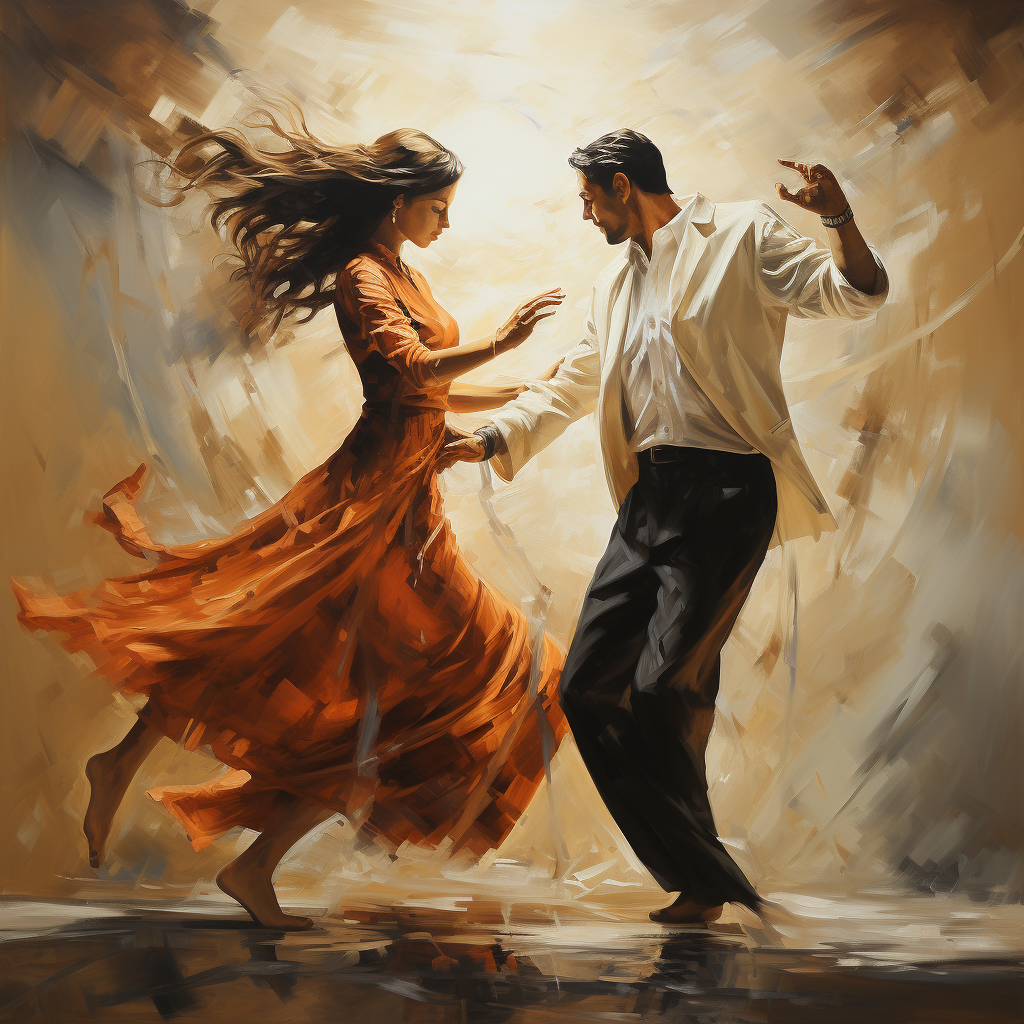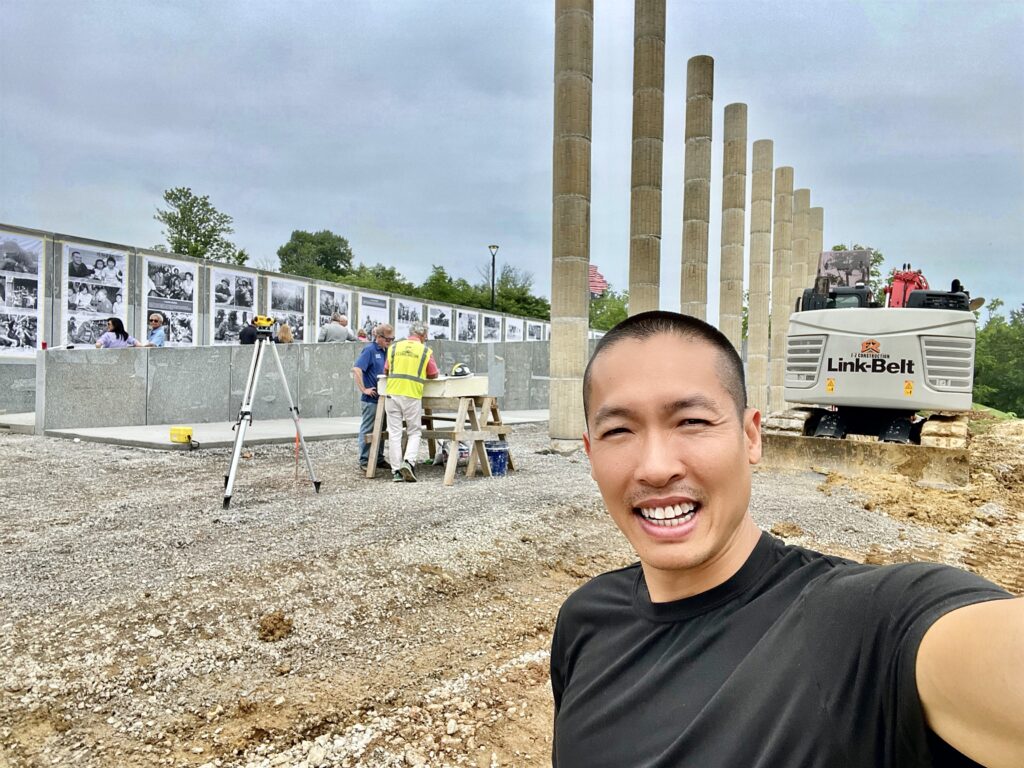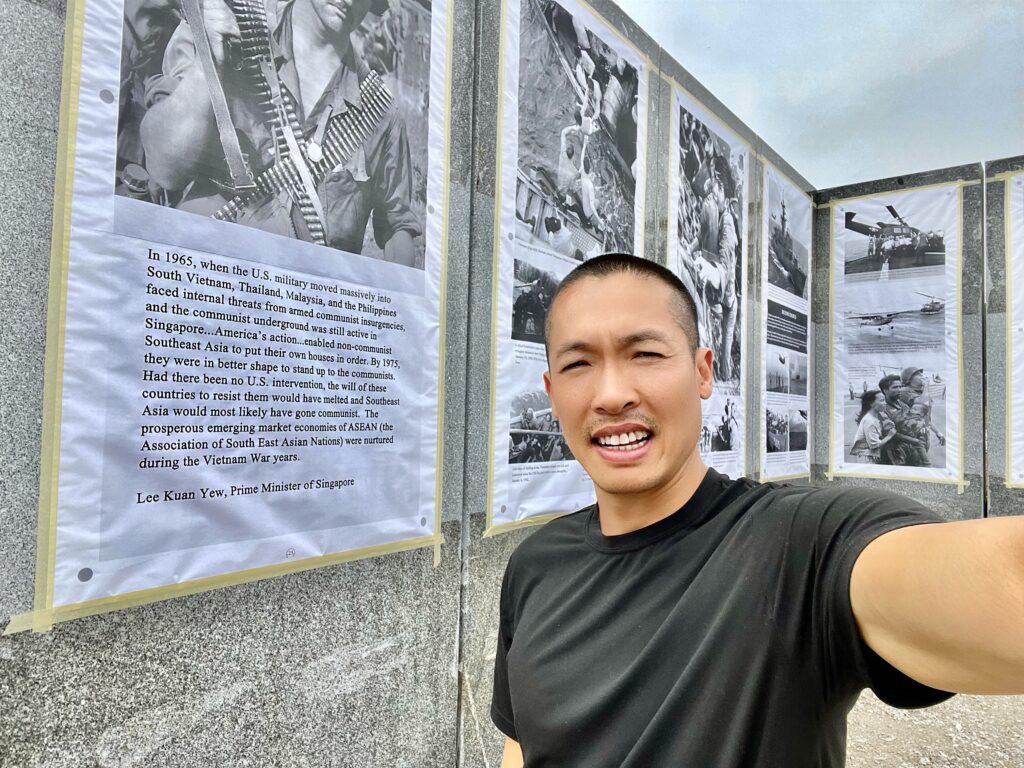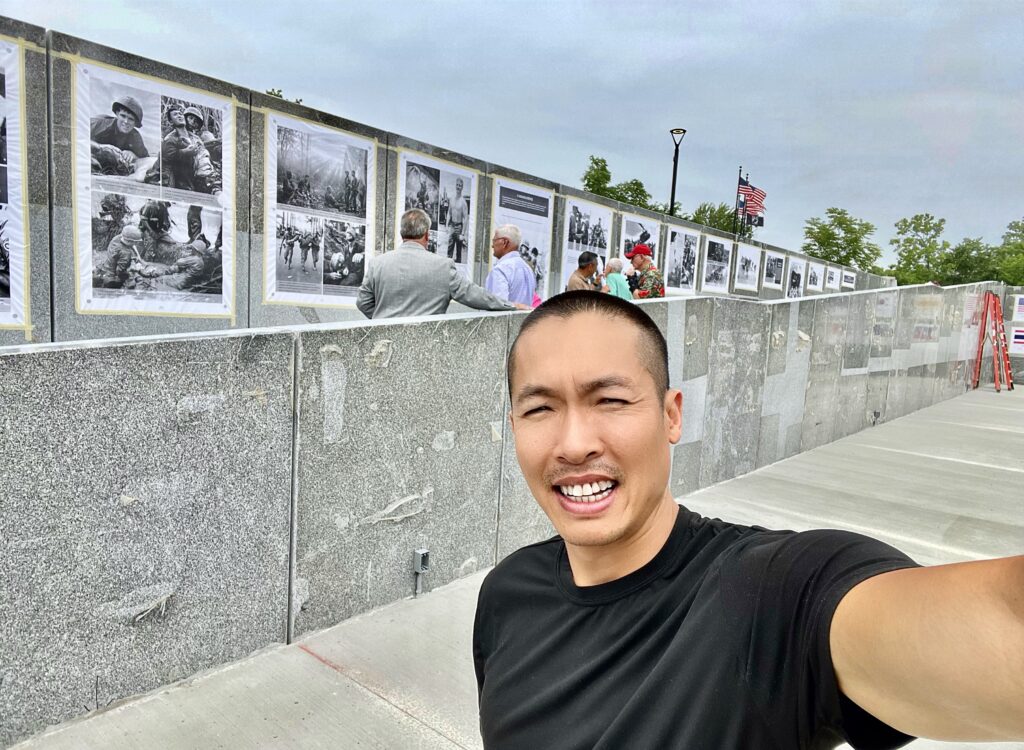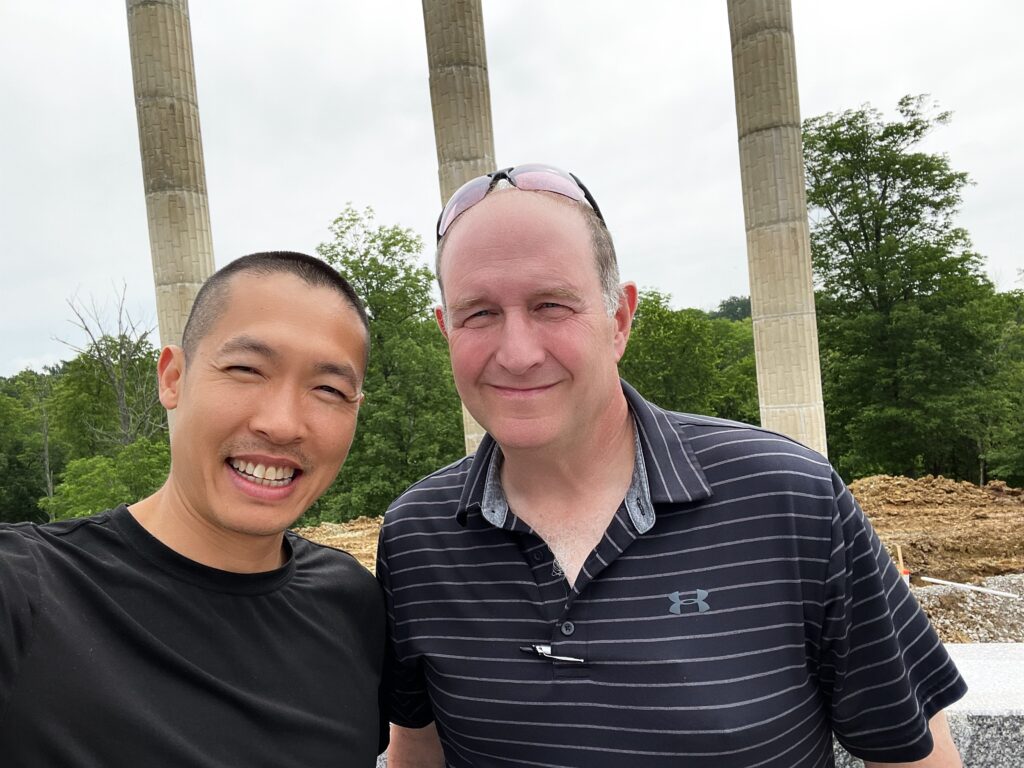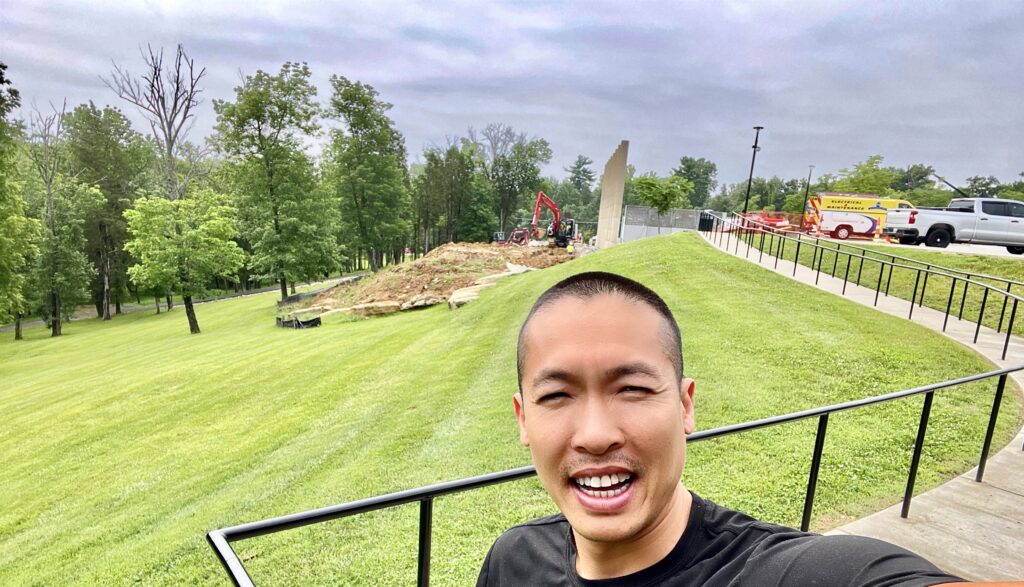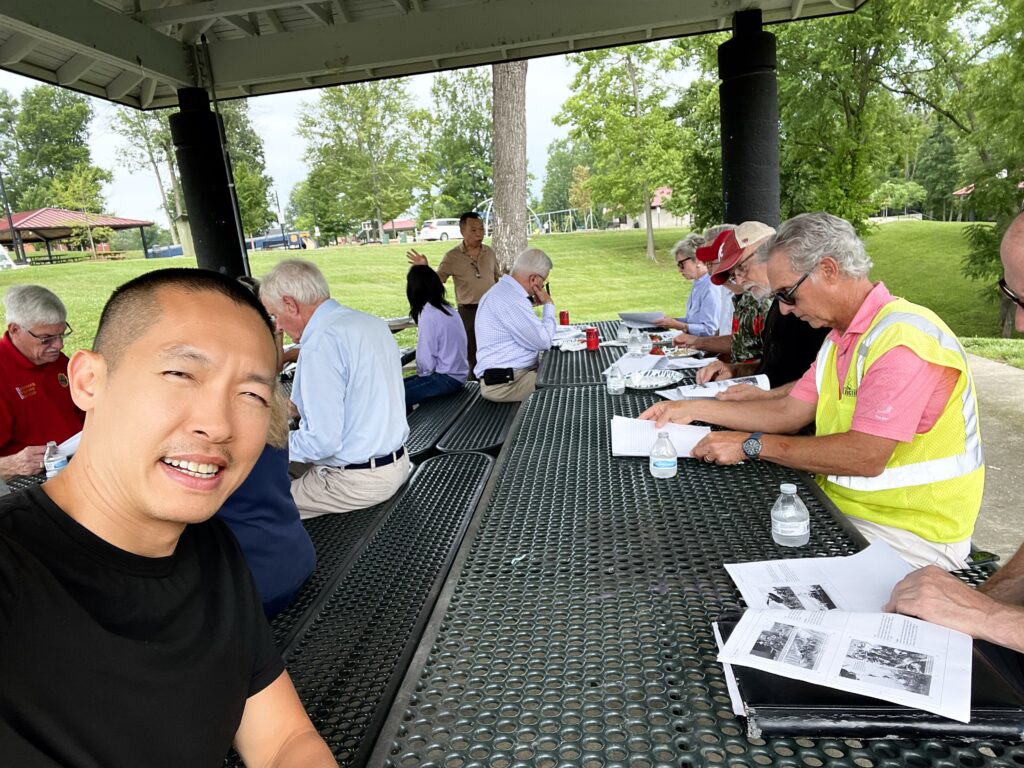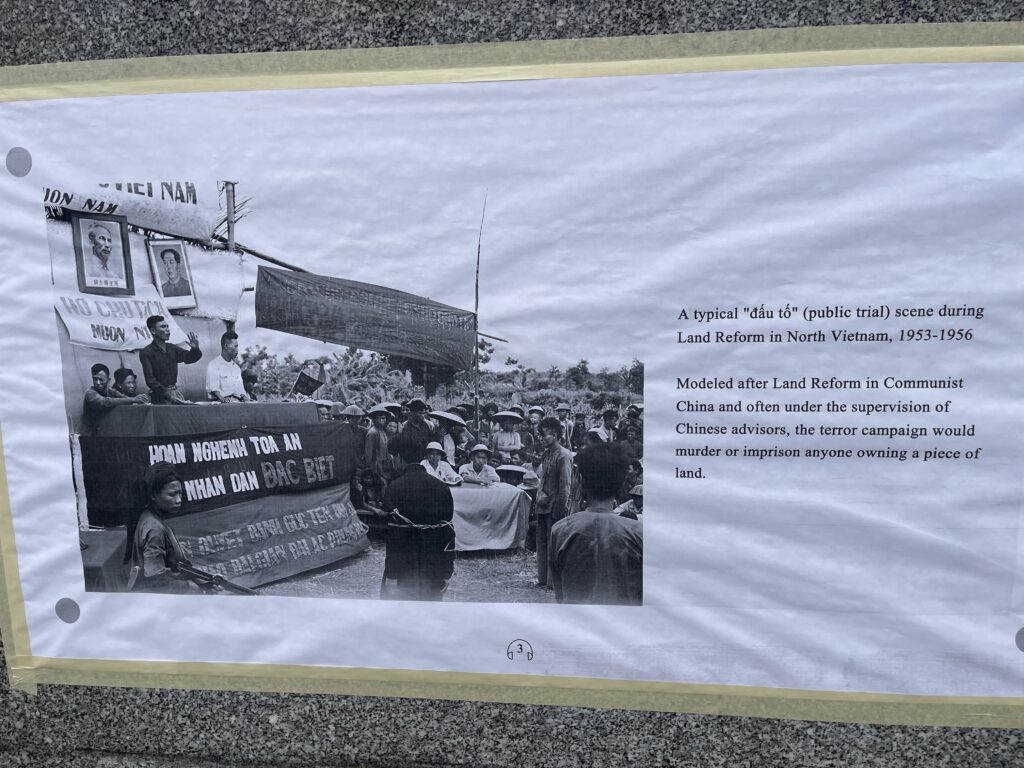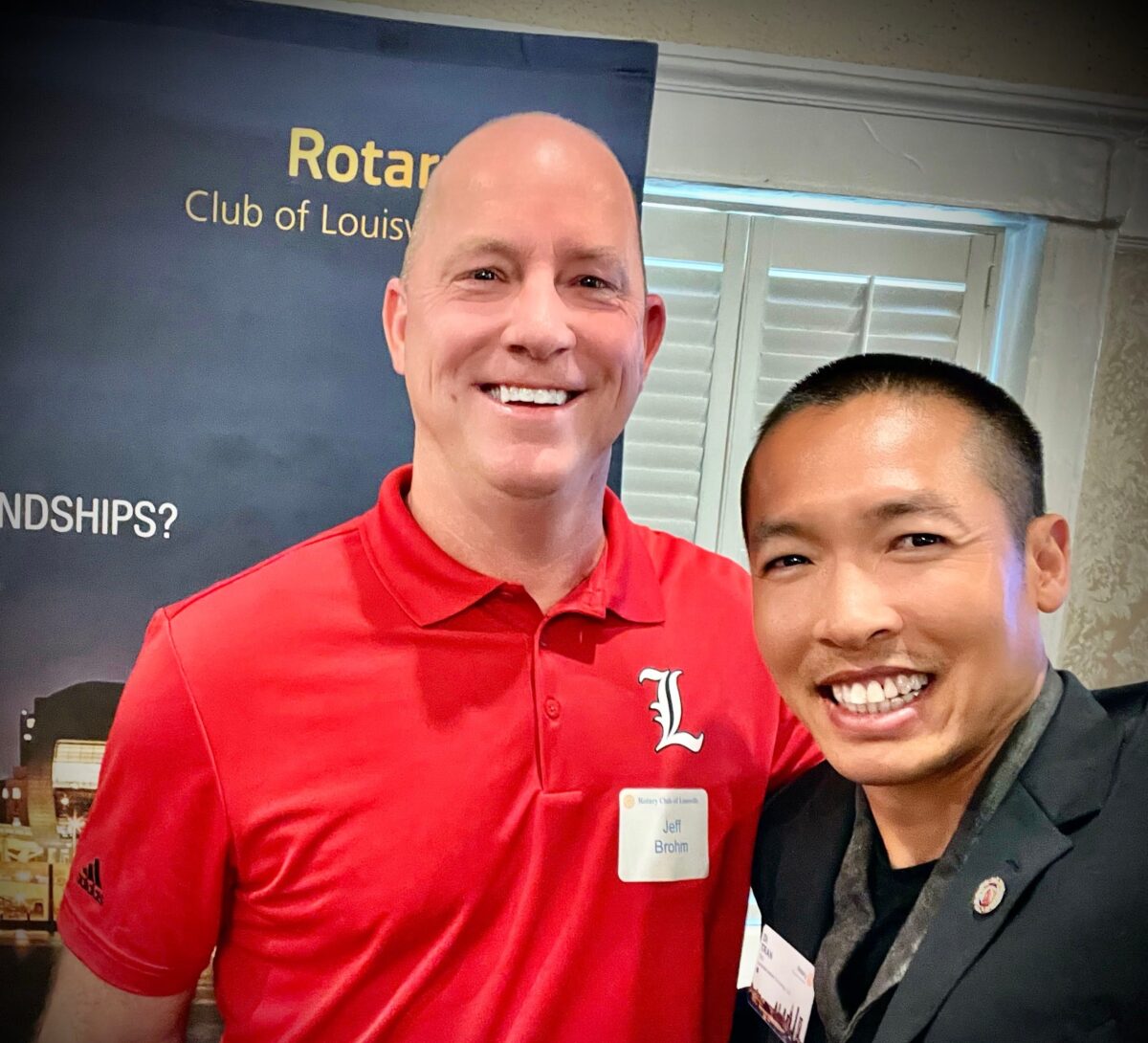In the rapidly evolving world of business and in our daily life, questions are not merely queries but problems that demand solutions. They are the riddles of our existence and the challenges that shape our journey, both personally and professionally. These questions, once properly identified, frame the path towards finding solutions and creating value. But how do we identify these questions, and how can we ensure that our solutions are not just practical, but optimal?
The answer lies in the quality of our questions, a concept that has been profoundly elaborated by Di Tran in his influential book “Drop the FEAR and Focus on the FAITH”. He stresses the significance of faith and belief in driving high-quality action, underlining the importance of overcoming our fear and harnessing our courage to ask the right questions and find the best solutions.

##The Quality of Questions: The Seed of Quality Action
As business owners, questions aren’t mere curiosities; they are the problems that require innovative and effective solutions. But not all questions are created equal. The quality of your question is often directly proportional to the quality of the solution it will generate.
A high-quality question is one that is clear, concise, and directly addresses the issue at hand. It needs to be specific enough to guide action, yet broad enough to inspire creative problem-solving. It should challenge assumptions and encourage out-of-the-box thinking.
For instance, instead of asking, “Why is our product not selling?”, a more quality question might be, “What aspects of our product or marketing strategy might be misaligned with our target customer’s needs and preferences?” This question not only offers a more detailed investigation into the problem but also opens multiple avenues for solution exploration.
##From Quality Questions to Quality Solutions
The next step in this progression is to move from quality questions to quality solutions. These solutions, in turn, form the value that you, as a business owner, will provide to your customers or stakeholders. This value is your currency in the world of trade, whether that trade is conducted in a market, a boardroom, or even within a family setting.
High-quality solutions are typically those that are effective, efficient, innovative, and sustainable. They not only address the immediate problem but also consider the broader implications, providing long-term benefits while minimizing potential drawbacks.
##Quality in Action: Faith and Belief
Di Tran’s work emphasizes the important role of faith and belief in driving quality in action. Fear often hinders us from asking quality questions and seeking quality solutions. Fear of failure, fear of rejection, fear of the unknown – these all limit our ability to innovate and evolve.
By dropping fear and focusing on faith, we foster a mindset that encourages risk-taking, nurtures creativity, and champions resilience. Faith in our abilities, in our team, and in the value of our work empowers us to ask those challenging questions and to seek innovative, effective solutions.
In conclusion, the quality of action is not an isolated phenomenon. It is a chain that starts with the quality of the questions we ask. These questions, when crafted with diligence and care, lead to quality solutions that create significant value in our business and personal lives. And driving this entire process is our faith – faith in our abilities, faith in our journey, and faith in our potential to create a positive impact.


